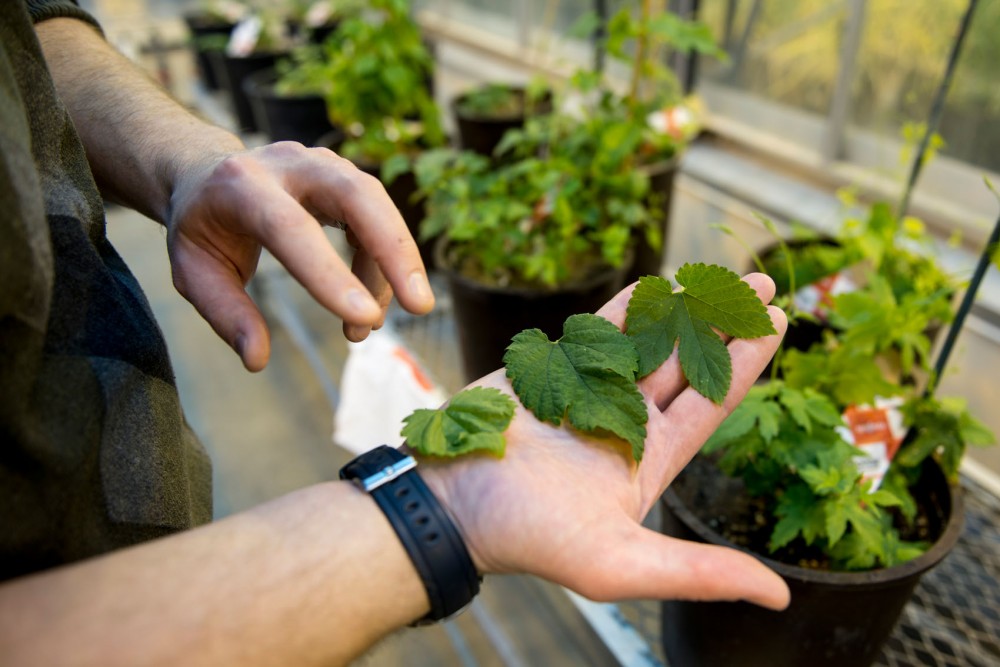If there’s a field that hasn’t suffered a dip in job openings since the recession, it’s agriculture.
As the number of available positions in the field increase, the number of those interested in working in it is decreasing. To combat this continuing shortage, the University of Minnesota is working to clarify what kinds of positions are available to agriculture majors, while state legislators are drafting a bill that would allocate funding to promote awareness of the field.
There are about 50,000 open positions in the agriculture industry each year and enough workers to fill a little over half of them, according to a report from the federal Department of Agriculture.
“Most people think of agriculture as just farms and farming but tend not to think it’s high-tech,” said Brian Buhr, dean of the College of Food, Agricultural and Natural Resource Sciences. “You need people that have high technical skills. It’s a completely different perception than most people have.”
CFANS is trying to change this perception by reaching out to students with backgrounds in science and engineering, but Buhr said the field’s reputation as an old-fashioned farming discipline makes it difficult to attract students with technical skills.
And while Buhr said he sees fewer students showing interest in agriculture or food science, companies are looking to hire more people in exactly those areas.
The college doesn’t have any direct partnerships with agriculture companies, but Buhr said recruiting students who are interested in things like robotics and computer science will help CFANS produce students who meet changing job requirements.
Sara Newberg, director of career and internship services for agriculture and design students, said she sees more job postings and career events that reflect a growing demand for agriculture majors.
A bill making its way through the state Legislature would establish a board of agriculture education officials, including Buhr, who would allocate grants and help to stabilize college-level agriculture education.
Few specifics on what the board would do are available because it hasn’t been formed yet. But Buhr said he hopes the board would choose to fund more faculty hires and help CFANS establish more labs to ensure the college can do long-term research.
The bill would allocate about $40 million to the board to distribute among higher education and K-12 programs.
“We need more kids in agricultural education,” said Rep. Paul Anderson, R-Starbuck, who co-authored the bill.
Peter Morrell, an assistant professor in the agronomy department said interest in graduates with computational backgrounds has increased in the past five years.
“Agriculture hasn’t been particularly successful in marketing itself as a high-tech field,” said Morrell, who worked in computational biology at an agricultural biotechnology company from 2007 to 2009.
Companies struggle to attract students from STEM fields, he said, but those are exactly the type of workers firms want.
Agriculture graduates should be prepared to relocate because most biotech companies are located in the Midwest, but Morrell said those companies have to compete with Silicon Valley for people with computational skills.
“It’s been a challenge to get the best talent,” he said.
Plant pathology master’s student Josh Havill said he thinks his studies in plant diseases could help him get a position in a number of agriculture-related jobs.
Havill said the technology in agriculture and plant science has come a long way in the past few years.
“The great thing about working in plant pathology is it requires knowledge of multiple disciplines,” he said. “The skills I’m learning now will allow me to better understand the skills I need to pick up in the future to apply to other jobs,” he said.










